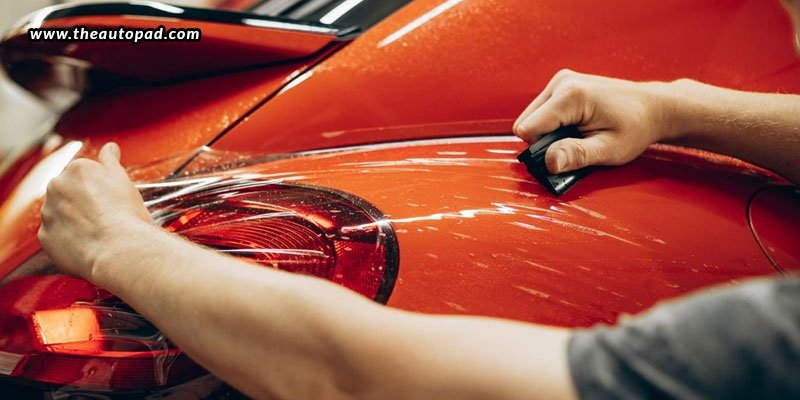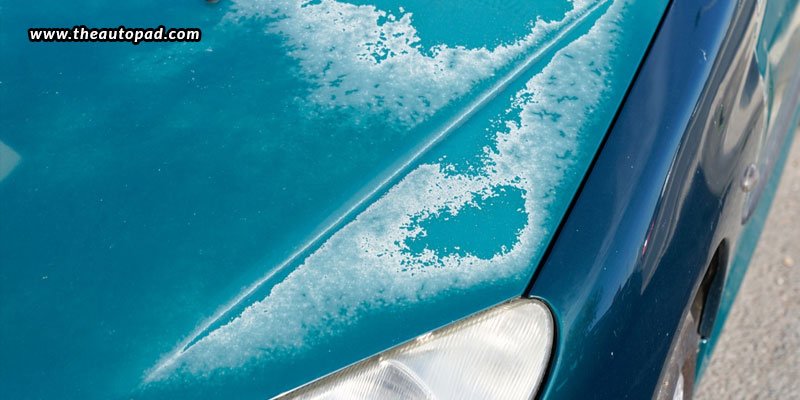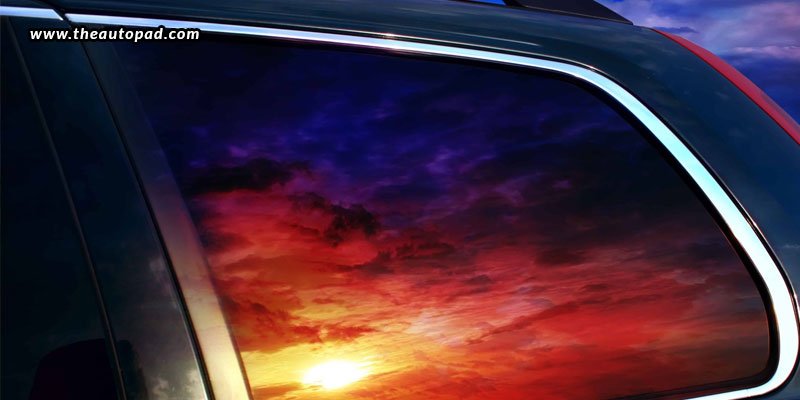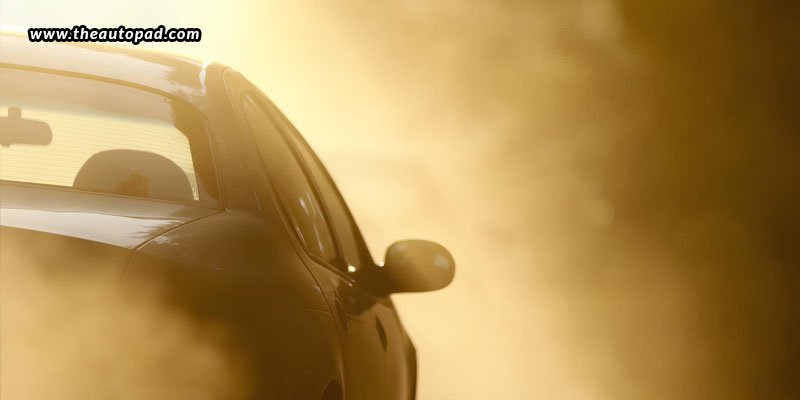Investing in Paint Protection Film (PPF) can help your car’s exterior remain immaculate for many years to come, as it can protect the car against chipping, UV damage, and road debris. However, maximizing its advantages requires correct installation procedures. Even though PPF provides amazing protection, improper installation or the wrong decisions can reduce its efficacy. It is thus important to understand the typical mistakes that can harm the outcome, so that you do not commit such flaws, and hence have a flawless result from your PPF. This blog post will discuss five typical errors users make when installing PPF and how to prevent them.
Choosing low-quality PPF
Choosing inexpensive or subpar PPF is the first, and possibly most significant, error. Although it could appear to be a more affordable choice, low-quality films can end up doing more harm than good. Substandard PPF is more likely to discolour, bubble, peel, or lose its clarity, and it may not provide the same amount of protection as more expensive films. Inexpensive films often lack the UV protection, scratch resistance, and self-healing qualities that high-end films possess. As a result, your car won’t get the protection it needs, and you may have to replace the film or deal with paint damage sooner.
- How to avoid this mistake: Invest in premium PPF from reliable manufacturers. Look for films that are meant to offer advanced features like self-healing, hydrophobic qualities, and UV protection. These films will not only provide superior protection for your car, but also endure longer and preserve its aesthetic appeal.
Incorrect surface preparation
For the PPF to adhere properly, the surface must be properly prepared. The film’s adherence will be impacted by any dust, grime, oil, or other impurities on the car’s surface, which could result in bubbles, peeling, or gaps. The PPF won’t adhere well and its protective qualities can be compromised on an unclean surface.
- How to avoid this mistake: Make sure your car’s surface is completely clean before applying PPF. Remove any wax or other protective coatings from the car and wash it with a non-abrasive cleaner. Before applying the film, it is essential to check the paint for flaws like chips or scratches and fix them. After thoroughly drying the surface, try using an alcohol-based cleaning to get rid of any last traces of oil or residue.
Installation mistakes
If the right equipment and experience are not used, installing the paint protection film can go wrong. Incorrect film alignment during application is a frequent mistake. Uneven coverage, air bubbles, or undesirable edges might result from improper placement. Additionally, incorrect handling of the film might cause it to stretch or tear, reducing its efficacy.
- How to avoid this mistake: Hiring a professional installer is strongly advised. Professionals are equipped with the right knowledge and equipment to guarantee that the film is applied smoothly and produces a perfect finish. For example, Autopad offers products and services of the highest calibre. Autopad is not only a reliable source for “Paint Protection Film near me“, but also a trusted provider of professional installation services that ensures durable protection.
Not sealing the edges properly
Making the critical error of improperly sealing the edges is a common mistake made when installing PPF. Dirt, moisture, and filth can become trapped beneath the PPF layer over time if the edges are not properly secured, which can result in lifting or peeling. Additionally, if the edge is not properly sealed, water may leak in and cause the film to wrinkle or bubble.
- How to avoid this mistake: Ensure that the PPF’s edges are correctly sealed. This is frequently accomplished by gently heating the film’s edges with a heat gun after installation. To ensure that the film remains in place over time, a skilled installer will know the finest ways for creating a clean, secure edge. After installation, be sure to periodically inspect the edges, and reheat or press them down if needed, to maintain a perfect seal.
Failing to protect the film during the curing process
The paint protection film requires time to dry and settle after application. Many people neglect to keep the film safe during this drying time. The film may lift or distort before it completely adheres if the vehicle is exposed to severe weather, driven, or washed too soon after application. During the curing process, the adhesive is able to completely adhere to the car’s surface, guaranteeing that the film will stay in place for long-term protection.
- How to avoid this mistake: Before exposing your car to any of the aforementioned circumstances, let the PPF film cure for the suggested period of time. If at all feasible, keep the car in a garage or other covered space to shield the film from dust, rain, and extremely high or low temperatures. To give the film enough time to set, refrain from washing the car or using pressure washers for at least a week following application.
Extra note
Maintaining the PPF properly after installation is essential to ensuring its long-term efficacy. While avoiding harsh chemicals that can deteriorate the film, regular cleaning with mild automobile soap will keep the film clear of impurities and debris. Because abrasive objects might scratch the PPF’s surface, wipe your car using soft mitts or microfiber towels. To avoid harming the edges of the film, stay away from high-pressure washers or keep the nozzle at a safe distance. In order to stop additional damage, you should also routinely check your car for any damage, such as chips, scratches, or peeling edges.
For paint protection film to be long-lasting and effective, proper installation and upkeep are necessary. By keeping in mind and staying away from the aforementioned flaws, you can maximize the advantages of the film. A beautiful finish and excellent protection are guaranteed when you invest in a premium quality Paint Protection Film near me, and have it professionally installed. When properly applied, PPF turns out to be a wise investment in maintaining your car’s appearance and value.




